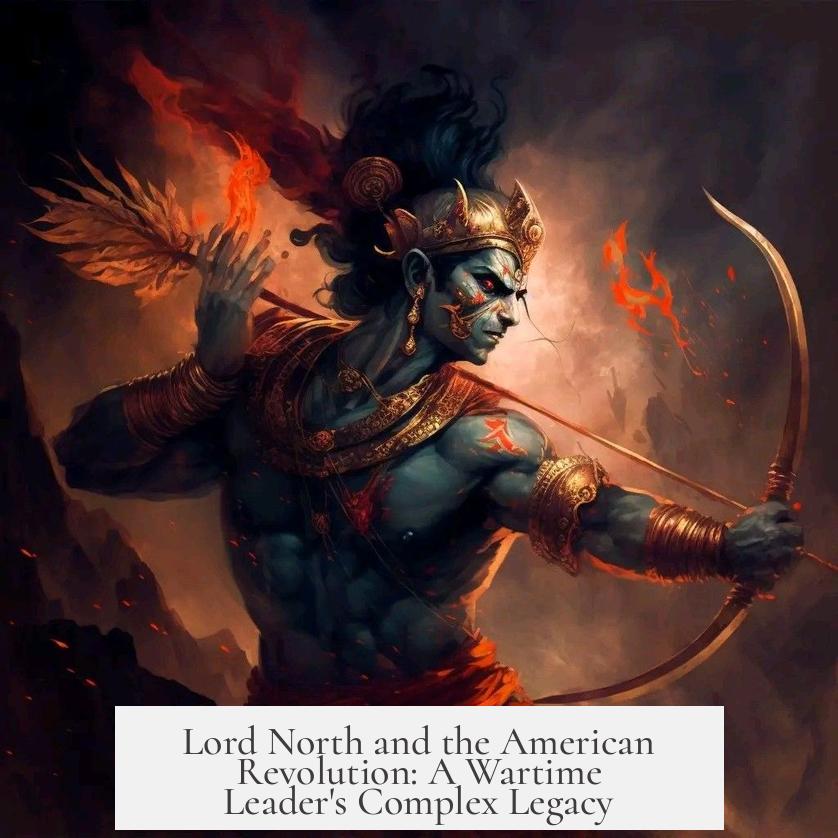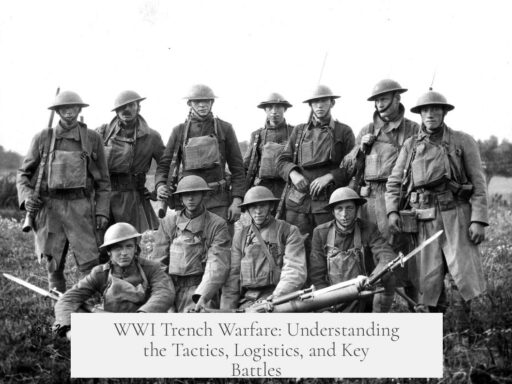Lord North and the American Revolution reflect a complex chapter in British history marked by his cautious wartime leadership and political endurance despite significant challenges.
Lord North served as British Prime Minister during much of the American Revolutionary War. His leadership style displayed a clear reluctance to pursue the intense, full-scale military effort necessary to suppress the colonial rebellion. He lacked the appetite for a total war that could decisively defeat the American colonists, influencing the war’s protracted nature and eventual British setback.
Despite the military difficulties, Lord North maintained political longevity. One reason was his popularity among peers and members of Parliament. Known for being genial and calm, he had no major personal enemies. This cultivated respect helped him survive politically even as the war dragged on.
Another factor was the inherent uncertainty of the war’s outcome. For years, the conflict’s direction remained unclear. The possibility of colonial victory and British defeat only became apparent after extended fighting. This uncertainty prolonged support for North’s government and governance approach.
Lord North’s premiership ended on a note reflective of his character. His departure from office adhered to his reputation for steadiness and dignity, as noted by contemporary observers.
| Aspect | Details |
|---|---|
| Wartime Leadership | Reluctant to engage in total war; preferred limited military action. |
| Political Popularity | Liked by peers for calm demeanor; had no significant enemies. |
| War Outcome | Uncertainty delayed clear British defeat; extended his tenure. |
| Leaving Office | Maintained composure and dignity upon resignation. |
- Lord North avoided total war strategies during the American Revolution.
- He sustained political support through personal likability and a calm image.
- The uncertainty of war outcomes contributed to his extended time in office.
- He left office with a reputation for steadiness and dignity.
Lord North and the American Revolution: A Wartime Leader’s Complex Legacy

When historians talk about the American Revolution, the name Lord North often emerges as a fascinating, if controversial, figure. So, what was his role, and how did his leadership shape the conflict? Lord North was the British Prime Minister during the start of the American Revolution. But here’s the kicker—he lacked the hunger for an all-out total war needed to crush the rebellion. Let’s unwrap this intriguing paradox.
Imagine running a war effort, but not really wanting to go full throttle. Well, that sums up Lord North’s approach. He “showed no appetite whatsoever for the kind of exertions necessary to prosecute the kind of tough, all-out total war that would have been necessary to prevail against the American colonists.” If you expect a fiery war hawk leading the charge to defeat colonial rebels, you’ll be surprised. North was, at heart, reluctant to engage in the brutal, resource-draining campaign that such a war demanded.
This lack of drive might sound like a recipe for failure. Yet, oddly enough, North stayed in power a long time during this tumultuous period. Why? It’s a mix of personal charm and political winds of uncertainty. Parliament and peers genuinely liked Lord North. He earned a reputation as a genial and calm figure, not stirring the usual mudslinging wars of politics. Calm in the storm, they say.
That political goodwill paid dividends. Opponents didn’t rally as fiercely against him, and allies stuck around. In turbulent times, having no personal enemies can be a strategic advantage. British politics, like today, wasn’t just about policies but personalities. North’s personality smoothed rough edges.
But the story gets richer. The American Revolution dragged. Unlike some quick victories, this conflict stretched on and on. Early in the war, the outcome was uncertain. Roberts, a historian with the benefit of hindsight, reminds us that it took years of fighting before anyone accepted that the colonies might actually win and Britain might lose. No clear crystal ball showed defeat looming early on. This uncertainty gave North political breathing room. He wasn’t seen immediately as the man steering Britain into a losing cause—he was navigating uncharted waters like everyone else.
Still, leaders live and die by war results. And North’s premiership, though long, ended on a sour note when Britain finally faced defeat. Yet, even in losing, he showed a peculiar dignity. The final remark from history on his office tenure reads, “Nothing in office became Lord North like the leaving of it.” It’s a poetically fitting end. He resigned quietly, without a dramatic farewell or scandal, in a move that reflected his calm and genial nature.
So, what practical lessons does Lord North’s leadership during the American Revolution offer us? First, not every leader charged into war blazing with enthusiasm. Some, like North, displayed caution or reluctance, impacting how wars were conducted and their outcomes. Second, personal likability and the absence of enemies matter immensely in politics—they can extend a leader’s tenure in difficult times. Finally, uncertainty is a powerful force. The fog of war clouds judgment; no one, not even the leaders, knew the final outcome early on.
His story also invites us to consider: could a more aggressive war leader have changed history? Or was a total war strategy simply unrealistic for Britain at the time? The answer is layered. Britain’s military stretched thin across the globe, and public opinion at home was divided. Perhaps Lord North’s reluctance was a way to avoid greater chaos or loss.
Bringing It Home: Why Should We Care About Lord North Today?
Studying Lord North shines light on leadership during crisis—a topic that never ages. His mix of political grace and reluctant aggression mirrors challenges leaders face now. Can a quiet, steady hand navigate a sinking ship better than a fierce captain? Maybe, maybe not. It depends on the times and tides.
In educational context, North’s approach teaches critical thinking about leadership styles. It cautions against assuming boldness is always best or that popularity is meaningless. Both matter—sometimes gravely. For students of history, politics, or leadership, North offers a nuanced picture, far from a villain or hero caricature.
For trivia buffs, here’s a little nugget: despite his role in sparking the loss of the American colonies, Lord North was not the peevish villain Shakespeare might have scripted. He was a man caught between duty and pragmatism, liked by peers who saw him as a calming force, yet unable or unwilling to escalate the conflict fully. That complexity is what makes him fascinating.
“It took years of fighting before a colonial victory and a British defeat came into view as the most likely outcome, a reminder of the uncertainty all historical actors face.” — Roberts on Lord North and the American Revolution
Next time you think of the American Revolution, consider Lord North not as a simple antagonist but as a leader making tough, reluctant decisions under political and military fog. His tenure was marked by a steady calmness, a lack of zeal for harsh total war, and the charisma to maintain his position amid chaos.
What if history judged leaders not just on victories but on how they cope with uncertainties and human limitations? Lord North stands as a prime example. His story urges us to look beyond headlines and understand the intricate dance of war, politics, and personality.




